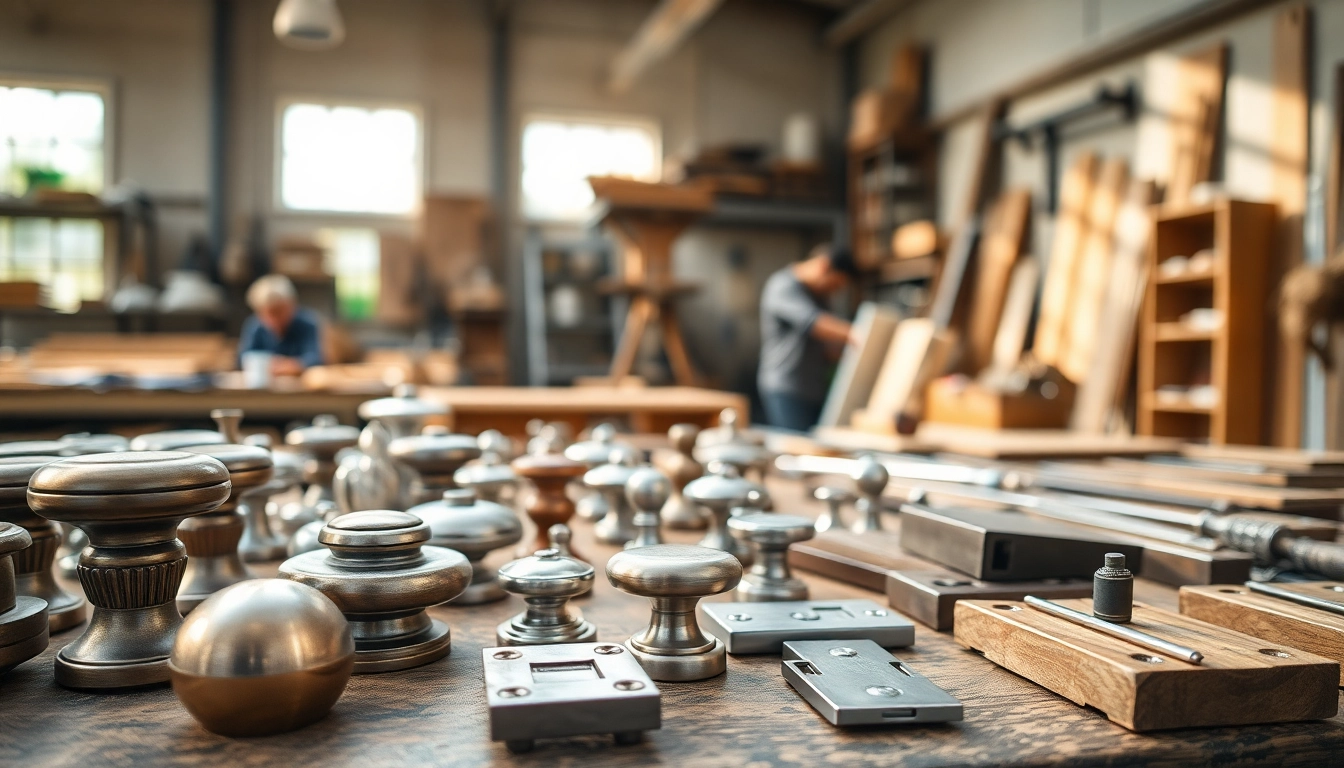Understanding Furniture Hardware Manufacturers
In the world of furniture design and production, the choice of materials and components can significantly influence both aesthetics and functionality. One major aspect of this is furniture hardware. These essential components range from hinges and drawer slides to knobs and handles, all of which play vital roles in the design and usability of furniture pieces. To dive deeper into this fascinating industry, we explore the role of furniture hardware manufacturers, the types of products they offer, and the key players shaping the market.
What They Do
Furniture hardware manufacturers specialize in producing the various metal, plastic, and composite components that are integral to furniture assembly. These manufacturers develop, design, and sometimes customize the hardware to meet specific industry standards and customer specifications. They are pivotal to the production process in that they supply not only the necessary components but also innovative solutions to enhance furniture functionality.
The Types of Products They Offer
The variety of products available from furniture hardware manufacturers is extensive. They typically produce items such as:
- Drawer Slides: These components facilitate the smooth opening and closing of drawers, a critical feature in both kitchen and office furniture.
- Hinges: Essential for doors on cabinets and wardrobes, they provide stability and allow for smooth movement.
- Handles and Knobs: These decorative and functional elements are found on cabinets, drawers, and doors, contributing to the overall aesthetic.
- Furniture Legs: Legs aren’t just functional but also serve decorative purposes that support the overall design theme.
- Hardware Accessories: These may include brackets, fasteners, and other small components that enhance durability and performance.
Key Players in the Market
The furniture hardware market is populated by numerous manufacturers, each vying for consumer attention with unique selling propositions. Notable players include:
- Top Knobs: Renowned for a vast collection of stylish hardware, Top Knobs appeals to designers and consumers alike.
- Rockler: Known for its extensive selection of drawer slides and cabinet hardware, Rockler serves both DIY and professional markets.
- Furnica: This manufacturer boasts a broad range of furniture accessories tailored to modern and functional design needs.
- Richelieu Hardware: A leader in specialty hardware products, Richelieu offers innovative solutions that balance style with practicality.
- Häfele: A global market leader, Häfele combines cutting-edge technology with extensive product offerings for diverse living spaces.
Choosing the Right Hardware for Your Projects
The selection of hardware can greatly influence a furniture project’s success. Here are critical factors to consider when making choices for your projects.
Assessing Quality and Durability
When evaluating furniture hardware, quality and durability should be paramount. Consider the materials—metal components typically offer greater longevity compared to plastic. Additionally, hardware finishes should be resistant to wear, tarnish, and corrosion. Whether negotiating with manufacturers or browsing selections, test samples whenever possible to assess how they hold up under actual use.
Considering Aesthetic Factors
Beyond functionality, the aesthetic appeal of hardware can define the overall look of cabinetry or furniture. Choose styles and finishes that complement your design vision. Manufacturers like Amerock offer a wide range of modern and luxurious designs, making it essential to match hardware selections with the furniture’s theme—be it contemporary, rustic, or traditional.
Understanding Pricing and Budgeting
The budget for hardware materials can vary widely, influenced by brand reputation, quality, and custom options. Understand where your priorities lie; investing in high-quality hardware can lead to fewer replacements and repairs down the line. Always compare prices across different manufacturers while also factoring in shipping costs and potential bulk discounts.
Advantages of Working with Manufacturers Directly
Collaborating directly with manufacturers provides notable benefits compared to purchasing off-the-shelf products from retailers. Here are some advantages you may experience:
Better Pricing Strategies
By sourcing directly, you often bypass retail markups. Manufacturers can offer competitive pricing, especially for bulk orders, making it a cost-effective approach to sourcing necessary components.
Customization Options
Direct relationships with manufacturers frequently allow for customization of products. Whether you need specific dimensions, colors, or functionality, many manufacturers are willing to accommodate requests, thus enhancing the functionality and uniqueness of your furniture.
Reducing Lead Times
Working directly with manufacturers can significantly reduce lead times for obtaining essential hardware. Rather than waiting for retailers to stock an item, you can often place an order directly, increasing project timelines and scheduling fidelity.
Top Trends in Furniture Hardware Design
The furniture hardware industry is not static; it continuously evolves with changing consumer preferences and technological advancements. Here are some of the current trends shaping the market.
Eco-Friendly Materials
As sustainability becomes increasingly important, many manufacturers are focusing on eco-friendly materials. This includes using sustainable wood sources, recycled metals, and low-VOC finishes. Consumers are gravitating towards brands that prioritize environmental responsibility.
Smart Hardware Solutions
Smart technology is making its way into furniture hardware. Innovations include electronic locks, self-closing mechanisms, and even app-controlled components allowing for customizable experiences at home. Brands that lead in technological advancements are likely to dominate the market.
Timeless Versus Modern Designs
Consumers remain divided on preferences, with some favoring timeless designs that reflect classic aesthetics, while others are drawn to sleek, modern hardware solutions. Manufacturers are responding with versatile product lines that cater to both ends of the spectrum, allowing consumers to select hardware that best fits their style.
Measuring Success: Performance Metrics of Hardware
The success of furniture hardware manufacturers can be assessed through various performance metrics. Understanding these metrics can provide insights into market trends and consumer behavior.
Sales and Market Reach
Sales figures provide a clear indication of a manufacturer’s success. The market reach, including geographical distribution and penetration into various segments (e.g., residential versus commercial), helps assess overall performance in the industry.
Customer Satisfaction Ratings
Feedback from customers can be invaluable in evaluating both product quality and customer service. High satisfaction ratings often correlate with repeat business and brand loyalty. Manufacturers that actively collect and respond to customer feedback tend to enhance their product offerings.
Trends in Consumer Preferences
Staying attuned to shifts in consumer preferences is crucial. This includes understanding which styles, finishes, and functionalities are gaining traction among customers. Market research, trends reports, and social media insights can help manufacturers pivot their offerings to better meet consumer demand.



